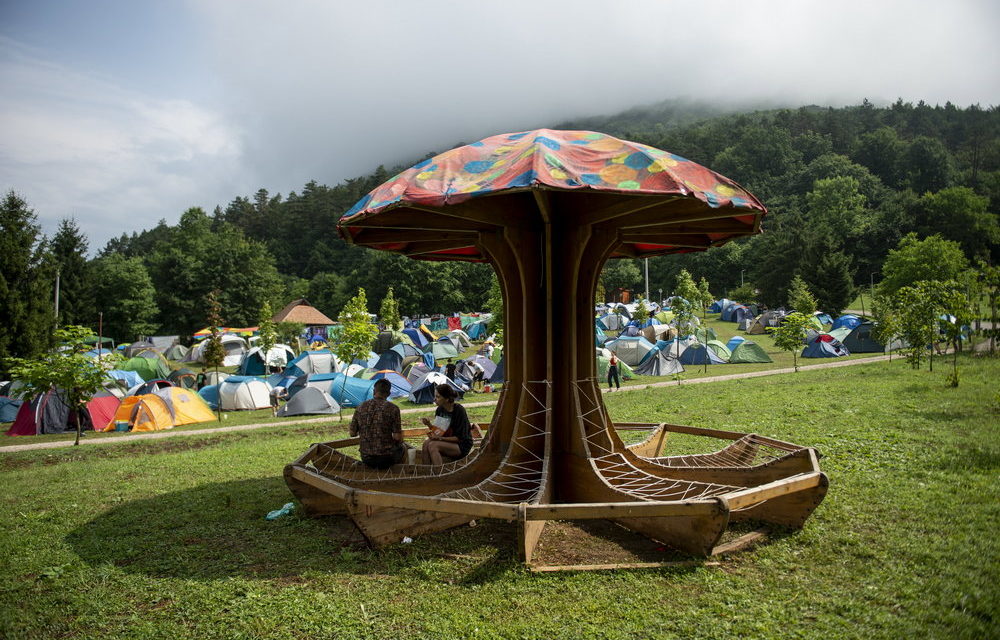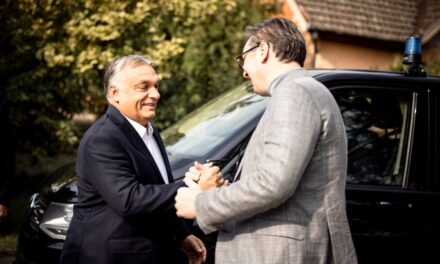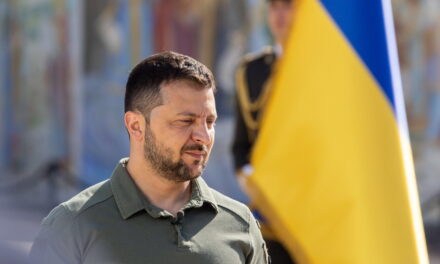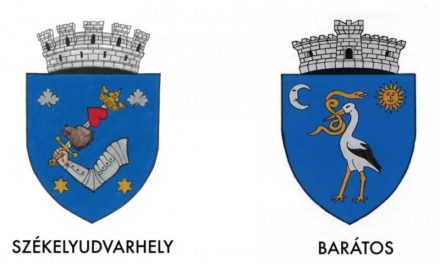The Gombaszög Summer Camp is the first major national political program of this year's Year of National Re-Start - emphasized János Árpád Potápi, the State Secretary responsible for national policy at the Prime Minister's Office, in his speech at the ceremonial opening of the event in the highlands on Thursday.
The state secretary said that this year, this is the first large national political camp that can be opened even in the midst of the coronavirus epidemic. Due to the pandemic, the State Secretariat for National Policy put the emphasis on development, investments and construction in the Year of the National Restart, he pointed out.
The guest speaker thanked the camp organizers for their boldness, courage and prudence, for being able to organize the camp even during the pandemic. He jokingly remarked that if last year's was "Gombaszög Light", then this year's event could be labeled "Gombaszög Hard".
János Árpád Potápi expressed his joy that the campers and visitors from the Highlands and Hungary can meet each other in person and participate in cultural and national political discussions. He said that "online meetings" cannot replace the personal meetings of friends and residents of sister settlements.
Regarding the history of the summer camp, the state secretary for national politics revived the fact that this year's event will also be held at the original, historical location. He reminded him that after the First World War, nearly 100 years ago, the Hungarian youth of the newly annexed Felvidék started the predecessor of the Gombaszög Camp here, and with it the national idea, from which many important initiatives grew.
He recalled that in 1928, the Szent György Student Circle of Hungarian university students studying in Prague organized the first Gombaszög Camp at this location under the auspices of scouting. The aim of the camp at that time was to do everything possible to strengthen the sense of Hungarianness, mother tongue and faith of the residents of the annexed Hungarian-inhabited areas.
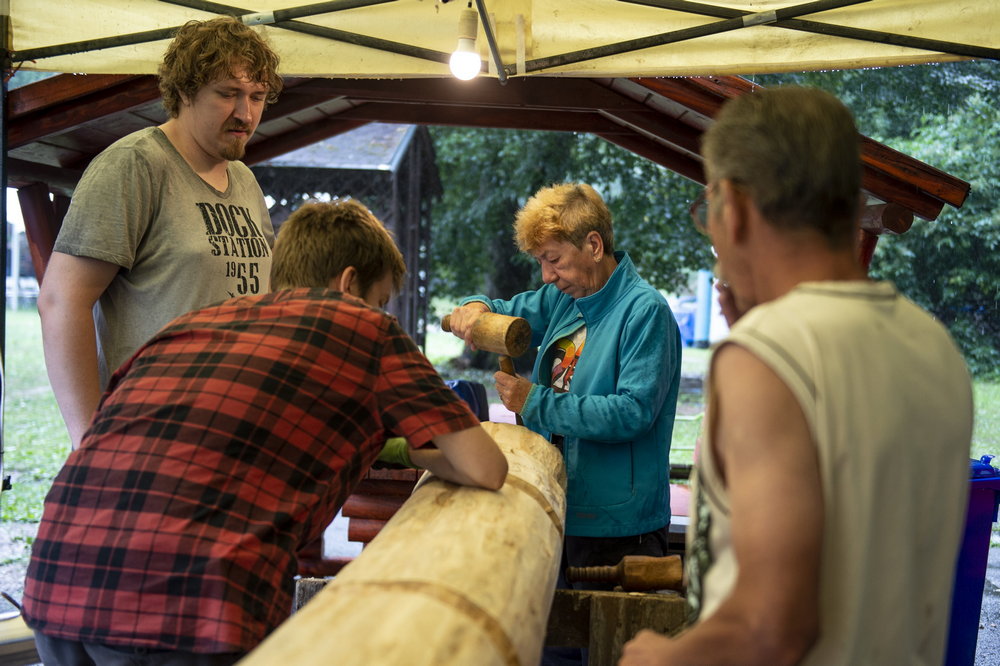
Szalóc, July 15, 2021
Sculptor Katalin Nagyferenc carves a headstone at the Gombaszögi Summer Camp near Szalóc (Slavec) in the highlands on the opening day, July 15, 2021.
MTI/Péter Komka
The camp was organized every year until 1935, after which it died or was banned. After the Second World War, it was started again in the 1950s and 1960s under the organization of Árpád Duka-Zólyomi and Miklós Duray, two spiritual leaders and political representatives of the Hungarian community in Czechoslovakia. Due to its popularity, the Czechoslovak government banned the event again in 1974, which could only be restarted after the regime change.
The revived camp was initially located in Örsújfalu, and the organizers only decided in 2016 to move the program back to Gombaszög, which met the vision of the Hungarian national political government.
In addition to strengthening the historical tradition, another advantage of this is that the camp has enough room to expand here. As he explained, President Örsz Orosz, the main organizer of the camp, is rightly confident that the construction and expansion of the camp can be completed soon.
However, the state secretary emphasized: he really hopes that the spiritual and cultural construction and expansion will not be completed for another 100 years, since, as he underlined, "we always make room for the descendants".
This year's Gombaszög Summer Camp is July 12-18. between Rozsnyó in the highlands.
MTI
Cover photo: Young people at the Gombaszög Summer Camp near Szalóc (Slavec) in the highlands on the opening day, July 15, 2021. MTI/Péter Komka

